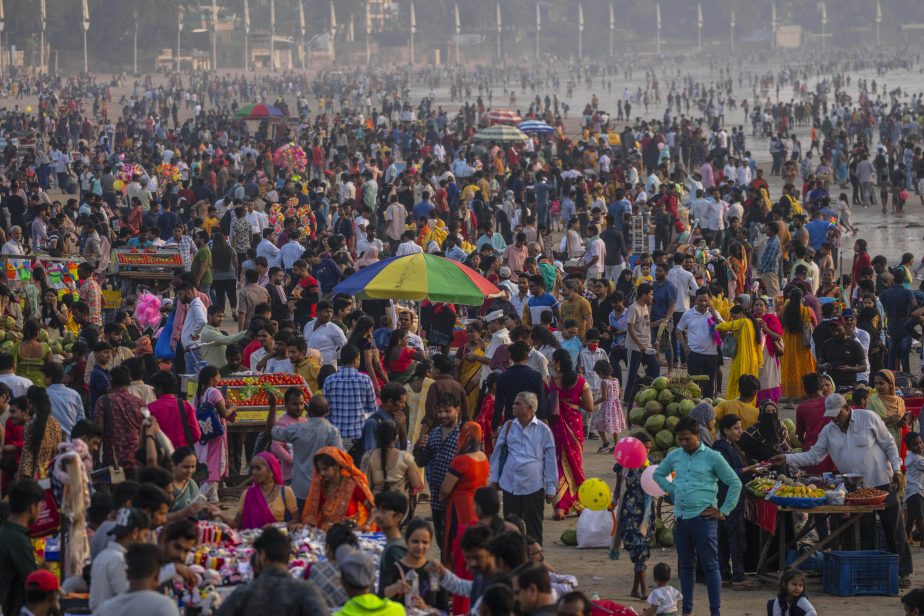The Facts
According to a new report released by the UN Department of Economic and Social Affairs (UNDESA) on Monday, India is set to overtake China to become the world's most populous country by the end of the month.
Meanwhile, the UNDESA predicts China's population — which shrank last year for the first time since 1961 — could drop below 1B before the end of the century due to plunging birth rates.
The Spin
Narrative A
Being the world's most populous country does not herald bad news for India. With a younger workforce, the South Asian powerhouse has a huge potential to boost the economy and drive the nation toward progress and innovation. Instead of triggering anxiety or creating alarm, the rising population must symbolize progress, development, and aspirations.
Narrative B
There are social and economic consequences of becoming the world's most populous nation. Apart from ensuring that comprehensive and equitable services are available to everyone, India needs to keep expanding and create enough employment, housing, and basic amenities to sustain its increasing population. Otherwise, it could just as swiftly become a demographic liability and an environmental and ecological disaster.
Narrative C
Rather than fixating on the effect of the rising population, India and the world should focus on giving women more power to exercise bodily autonomy to shore up demographic resilience. Adopting policies aimed at raising, lowering, or maintaining fertility rates has the potential to erode women’s rights, which is why we must radically rethink how we talk about and plan for a sustainable future.
